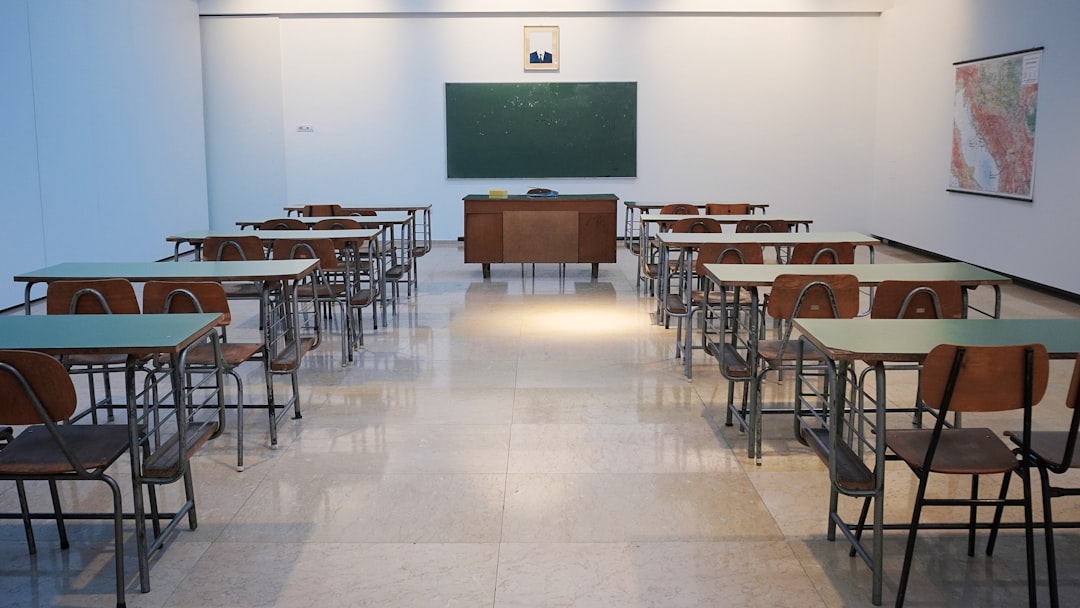New York City schools implement rehabilitative programs for juvenile offenders, combining counseling, education, and skill-building workshops to address underlying causes of misbehavior. School abuse law firms in New York play a vital role by advocating for effective rehabilitation strategies, ensuring legal compliance, and collaborating with educators to create supportive environments. These firms help develop tailored programs promoting restorative justice, educational opportunities, and mental health support, ultimately facilitating the successful reintegration of young offenders into society.
In New York City’s schools, rehabilitative programs aim to turn around lives of juvenile offenders. This comprehensive article explores the intricate landscape of these programs, focusing on understanding their significance within the NYC educational system. We delve into the crucial role played by school abuse law firms in facilitating rehabilitation and supporting at-risk students. Additionally, it highlights effective strategies while shedding light on challenges faced, offering insights into fostering a more supportive learning environment for New York’s youthful offenders.
Understanding Juvenile Offender Rehabilitation in NYC Schools

In New York City’s schools, rehabilitative programs for juvenile offenders are designed to address the underlying causes of misbehavior and provide students with the tools to turn their lives around. These programs often involve a combination of counseling, education, and skill-building workshops aimed at helping young people overcome challenges that may have contributed to their involvement in the justice system. The goal is not just to correct immediate behavior issues but also to foster personal growth and prepare these students for successful reintegration into society.
A school abuse law firm in New York might play a crucial role in advocating for these programs, ensuring that schools implement effective rehabilitation strategies and adhere to legal guidelines protecting the rights of juvenile offenders. By collaborating with educators, counselors, and legal experts, these firms contribute to creating a supportive environment where students can learn from their mistakes and transition into responsible adulthood.
The Role of School Abuse Law Firms in Supporting Rehabilitative Programs

In the context of rehabilitative programs for juvenile offenders in NYC schools, the role of school abuse law firms is pivotal. These legal experts specialize in addressing the complex issues faced by young people involved in the justice system, often offering crucial support and advocacy within educational settings. By collaborating with schools, community organizations, and government agencies, school abuse law firms help develop and implement programs that not only address immediate legal concerns but also foster long-term rehabilitation.
In New York City, where youth crime and systemic issues intersect, these law firms play a critical role in navigating the legal complexities and ensuring that rehabilitative efforts are tailored to individual needs. Their expertise enables them to advocate for restorative justice practices, educational opportunities, and mental health support—all essential components of effective rehabilitation. Through their involvement, schools can create safer, more inclusive environments, ultimately contributing to the successful reintegration of juvenile offenders into society.
Effective Strategies and Challenges in Implementing Rehabilitative Programs

Implementing rehabilitative programs in NYC schools is a multifaceted approach aimed at addressing the root causes of juvenile offending, with the ultimate goal of fostering positive growth and reducing recidivism. Effective strategies include structured counseling sessions, peer mentoring, and evidence-based curricula designed to build life skills and promote emotional intelligence. These programs often involve collaboration between school administrators, social workers, and community organizations, creating a supportive ecosystem for at-risk youth.
However, challenges abound. Limited resources, including staffing and funding constraints, can hinder the full implementation of these programs. Additionally, navigating the complex web of legal requirements, such as those imposed by school abuse law firms in New York, can be cumbersome. Ensuring confidentiality and privacy while adhering to legal mandates poses significant obstacles. Despite these hurdles, successful rehabilitative programs in NYC schools demonstrate that with strategic planning and sustained commitment, positive change is achievable for juvenile offenders.





